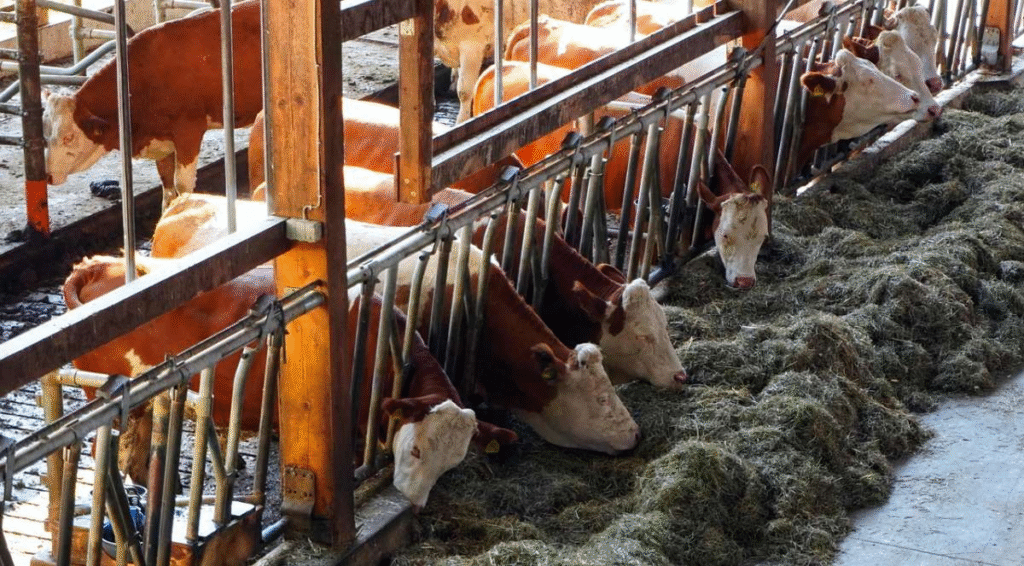India stands firm against US dairy imports in trade talks, citing economic, cultural, and religious concerns over “non-veg milk” and its impact on millions of small farmers.

New Delhi: As India and the United States engage in high-stakes trade negotiations aimed at boosting bilateral trade to $500 billion by 2030, dairy and agriculture have emerged as major sticking points. India remains steadfast in its refusal to open its dairy sector to American imports, citing not only economic concerns but also deep-rooted cultural and religious sensitivities.
Read More: Get more News from Dairy Sector
The primary issue centres around India’s demand for stringent certification standards ensuring that imported dairy products come from cows not fed animal-derived substances such as meat, blood, or tallow. For India, the world’s largest milk producer and a country with a predominantly vegetarian population, this condition is non-negotiable.
“Dairy products in India are not just food items — they are part of daily religious rituals and cultural practices,” said Ajay Srivastava of the Global Trade Research Initiative. “Imported milk from animals fed meat-based products would be unacceptable to a large section of Indian consumers.”
Currently, India imposes high tariffs on dairy imports—30% on cheese, 40% on butter, and 60% on milk powder—making foreign products uncompetitive. The US, however, has termed India’s certification requirements and tariffs as trade barriers and has pressed for more market access for its $8.22 billion dairy export industry.
Despite the pressure, Indian officials have made their stance clear. A senior government source noted, “There is no question of compromising on dairy. It’s a red line. The livelihoods of over 80 million smallholder farmers depend on it.”
Opening the dairy sector could lead to a flood of cheaper imports, putting domestic producers at risk. According to a State Bank of India (SBI) estimate, India could face annual losses of Rs 1.03 lakh crore if the sector is liberalised to allow US dairy products.
Beyond economics, health and ethical concerns loom large. US cattle feed practices—often involving animal by-products and even poultry litter—have been flagged as unacceptable by Indian regulators. India’s Department of Animal Husbandry mandates certification that imported products originate from animals not fed such inputs.
While both sides remain committed to reaching a broader trade agreement, the divide over dairy imports—especially the issue of so-called “non-veg milk”—remains a significant roadblock. For India, safeguarding its dairy economy and respecting cultural values appear to outweigh any immediate trade concessions.
Join Our “Dairy & Food Jobs Updates” WhatsApp group
Stay informed on all the latest news updates
All Agriculture Books Free Download
All Dairy Technology Books Free Download
All Agricultural Engineering Books Free download
All Horticulture Books Free Download
All Fisheries Science Books Free Download
For Daily Update follow us at:
Facebook Telegram Whatsapp Instagram YouTube
The contents are provided free for noncommercial purpose such as teaching, training, research, extension and self learning.
If you are facing any Problem than fill form Contact Us
If you want share any article related Agriculture with us than send at info@agrimoon.com with your contact detail.


